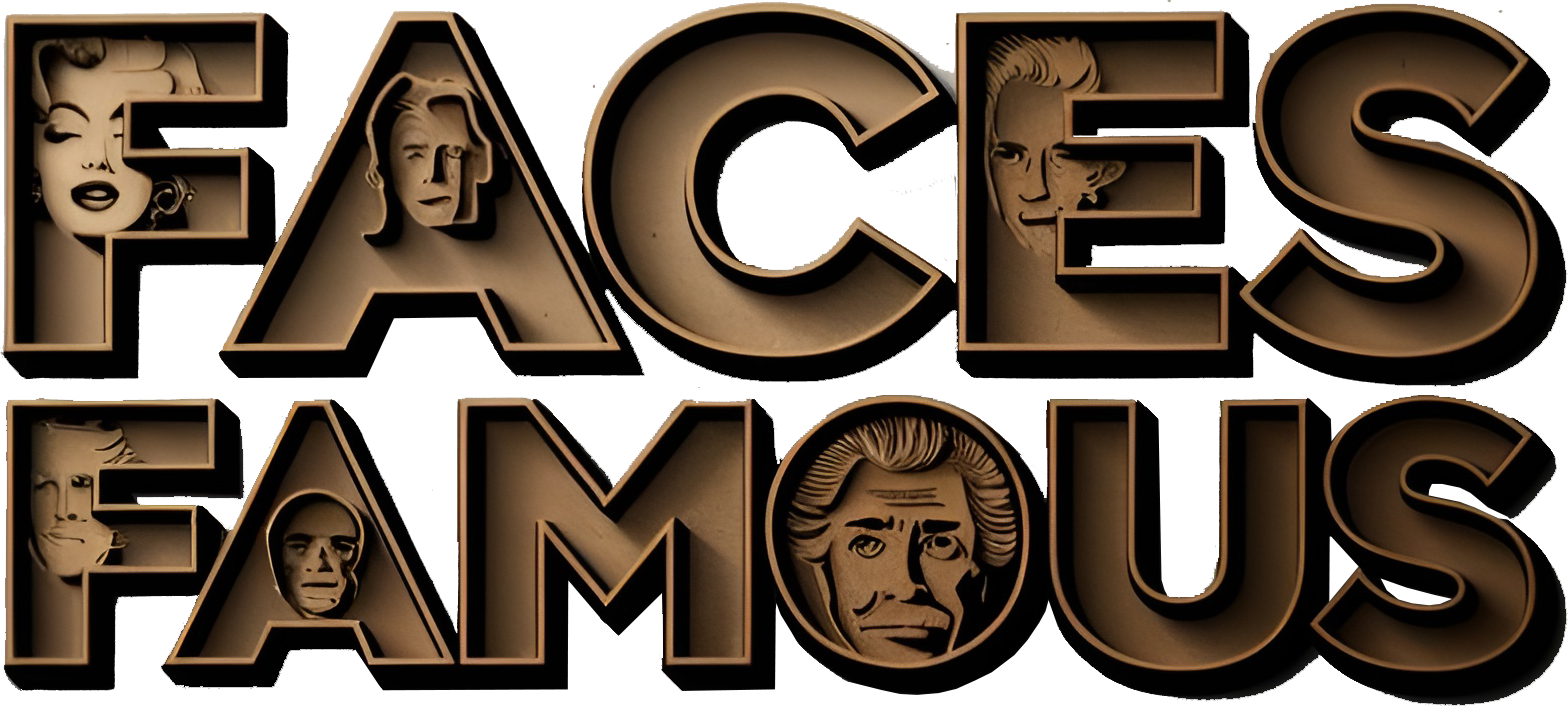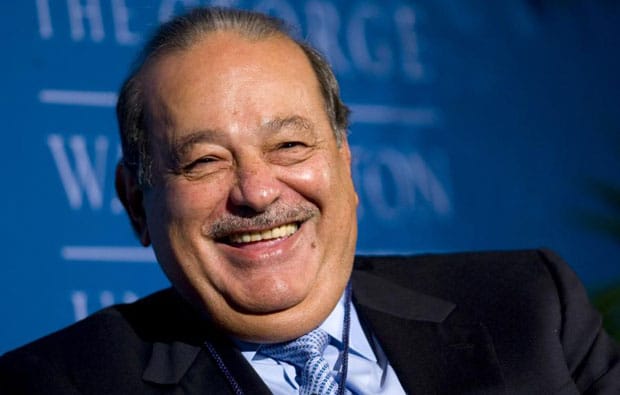Carlos Slim Helú is a Mexican business magnate, investor, and philanthropist, recognized as one of the wealthiest people in the world. Slim’s success is rooted in his vast holdings in a diverse range of industries through his conglomerate, Grupo Carso, and his control over América Móvil, the largest telecommunications company in Latin America. Slim’s career reflects his business acumen, as he has consistently expanded his empire in telecommunications, construction, finance, and other sectors. Known for his frugality and disciplined investment approach, Slim is also committed to philanthropy and has invested in various social causes to improve the quality of life in Mexico and beyond.
Early Life and Background
Carlos Slim was born on January 28, 1940, in Mexico City, Mexico, to Lebanese immigrant parents. His father, Julián Slim Haddad, was a successful businessman who instilled in young Carlos a strong work ethic and an understanding of finance from an early age. Julián taught Carlos and his siblings about saving, investing, and running a business. By the age of 12, Carlos had already bought his first shares in a Mexican bank, laying the groundwork for his future career in investments.
Carlos Slim attended the National Autonomous University of Mexico (UNAM), where he studied civil engineering. Although he never formally studied business, Slim’s engineering background gave him a unique, analytical perspective on problem-solving and investment. During his university years, he also taught algebra and linear programming, further developing his mathematical and analytical skills.
Building the Carso Empire
Slim’s career in business began in the 1960s, when he started acquiring small, struggling companies with growth potential. He founded Grupo Carso in 1965, which became the foundation of his conglomerate. Slim named the company by combining the first syllables of his name and his late wife Soumaya’s name. Over the years, Grupo Carso expanded across various sectors, including retail, construction, manufacturing, and energy.
In the 1980s, during a financial crisis in Mexico, Slim saw an opportunity to acquire undervalued assets. He bought numerous companies, including Cigarros la Tabacalera Mexicana (Cigatam), and merged them into Grupo Carso. His strategy was to revitalize these companies by improving efficiency and profitability. By the late 1980s, Slim’s business empire had grown significantly, setting the stage for his expansion into the telecommunications industry.
Entry into Telecommunications and América Móvil
Slim’s major break came in 1990, when the Mexican government decided to privatize Telmex, the national telecommunications company. Slim, alongside partners such as SBC Communications (now AT&T) and France Télécom, purchased Telmex. This acquisition marked the beginning of Slim’s dominance in the telecommunications sector, not only in Mexico but throughout Latin America. Under his leadership, Telmex expanded its services and technological capabilities, eventually becoming América Móvil, which grew into one of the largest telecom companies in the world.
América Móvil’s reach extended beyond Mexico into countries such as Brazil, Argentina, and the United States, where it operates under the brand TracFone. With this expansion, Slim became a key player in global telecommunications, providing mobile services to millions across the Americas. América Móvil’s growth propelled Slim’s wealth, establishing him as one of the wealthiest individuals globally in the early 2000s.
Investment Philosophy and Business Approach
Carlos Slim is known for his disciplined and conservative investment philosophy, which prioritizes long-term growth and stability over short-term gains. His strategy involves acquiring undervalued or struggling companies and turning them into profitable entities through operational improvements. Slim is also famously frugal, often described as a modest billionaire who lives a relatively simple life despite his enormous wealth. Unlike many billionaires, Slim has never been interested in luxury yachts, private jets, or extravagant spending, preferring to reinvest his wealth into business ventures and philanthropy.
Slim’s approach is also characterized by vertical integration, where he acquires companies that complement his existing businesses. This strategy enables him to create synergies across his various holdings, increasing efficiency and reducing costs. By controlling a diverse range of businesses in different sectors, Slim has created a conglomerate that is both financially resilient and adaptive to economic changes.
Philanthropy and the Carlos Slim Foundation
Carlos Slim has committed a significant portion of his wealth to philanthropy, primarily through the Carlos Slim Foundation, which focuses on education, health, sports, and culture. The foundation aims to improve social conditions and reduce poverty, particularly in Mexico and Latin America. Slim has invested in programs that offer scholarships, provide healthcare services, and promote sports and cultural activities. His foundation also funds technological initiatives, including digital libraries and educational programs, to increase access to information and learning resources for underserved communities.
One of Slim’s major philanthropic projects is the Museo Soumaya in Mexico City, named after his late wife. The museum houses a vast art collection and is free to the public, promoting cultural education and access to art. His commitment to philanthropy is guided by a belief in addressing the root causes of poverty, which he views as essential to achieving lasting societal change.
Challenges and Criticism
Despite his success and philanthropic efforts, Slim has faced criticism, especially regarding his monopolistic hold on Mexico’s telecommunications market. Critics argue that his control over Telmex and América Móvil has limited competition, leading to higher prices for consumers and stifling innovation in the sector. His influence in the telecommunications industry has prompted calls for regulatory changes in Mexico to reduce his companies’ market share and encourage competition.
Slim’s position as a major player in Mexican media, retail, and finance has also raised concerns about the concentration of economic power in the country. His critics claim that his business practices have hindered smaller businesses’ ability to compete, contributing to economic inequality. In response, Slim has argued that his companies provide essential services and employment to millions, and he remains focused on expanding his businesses responsibly.
Legacy and Influence
Carlos Slim’s impact on global business and philanthropy is undeniable. He has reshaped Mexico’s economy, played a crucial role in the telecommunications industry, and built one of the largest and most diversified business empires in Latin America. Slim’s disciplined, frugal approach to wealth and his dedication to societal improvement have influenced countless entrepreneurs and investors worldwide. His legacy extends beyond his financial achievements to his contributions to cultural and social development in Mexico.
Despite stepping down from day-to-day management of América Móvil, Slim remains actively involved in his businesses and continues to make strategic investments. His influence is likely to persist for generations, not only through his business empire but also through the programs supported by the Carlos Slim Foundation.
Conclusion
Carlos Slim is a remarkable figure in modern business, known for his strategic investments, philanthropic commitments, and significant impact on the global telecommunications industry. His rise from a young immigrant in Mexico to one of the world’s wealthiest people exemplifies the power of discipline, vision, and resilience. Although his business practices have not been without controversy, Slim’s influence on both business and social causes is profound, and his legacy as a titan of industry and philanthropy is well established.



